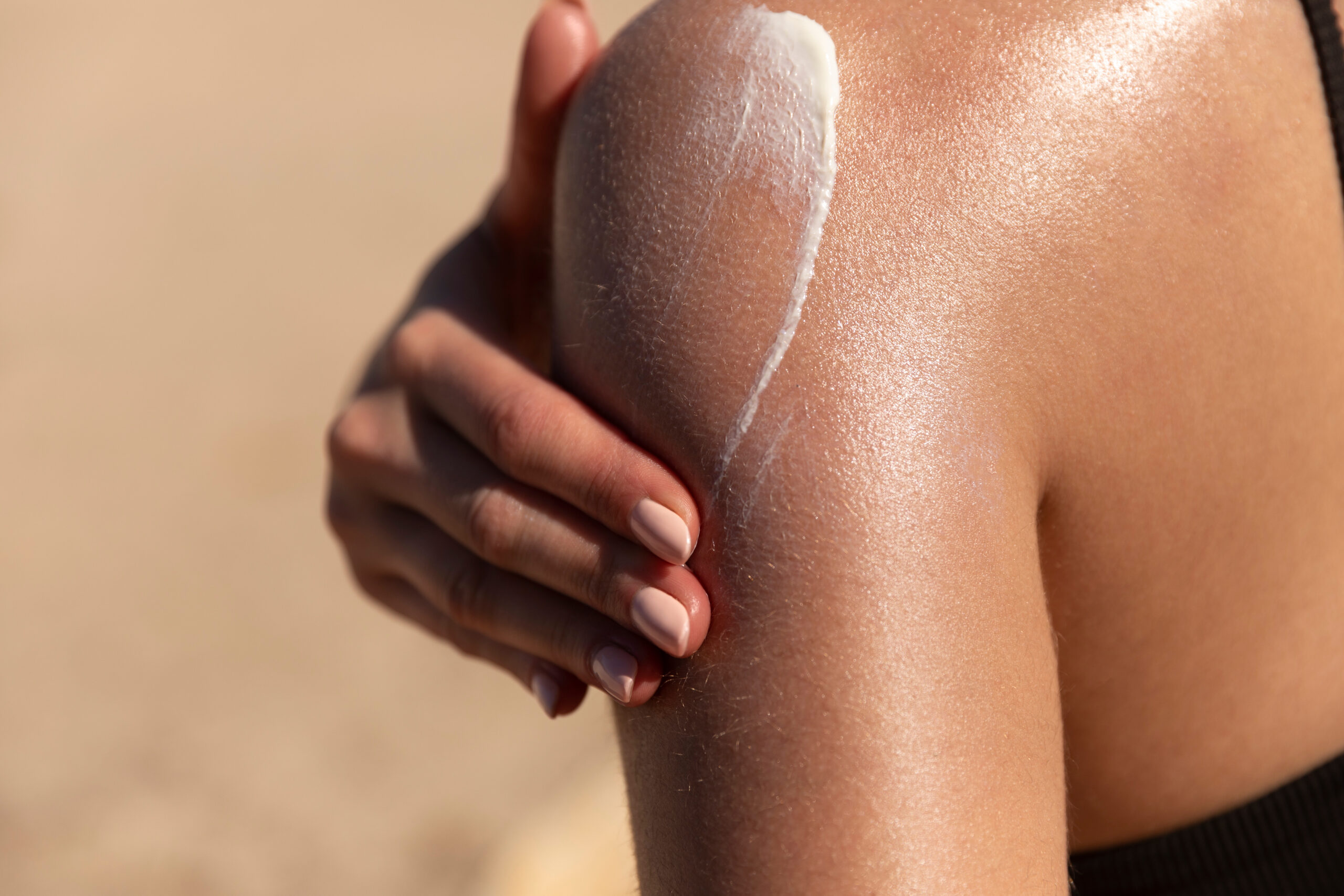As we approach the warmer months, which will likely be filled with time spent outdoors, it’s important we remember just how important it is to care for our skin.
While the “sun kissed” and tanned complexion has become popular, the limits some go to achieve this look can have adverse effects on your health. For others, who simply forget or don’t see the point in wearing sun protection, the risk of consequences grows each day.
Why is sun protection so important?
Here in Australia, where sunny days are plentiful and UV levels can reach extremes often, sun care isn’t a choice: it’s a must. With approximately 2 in 3 Australians being diagnosed with skin cancer before they are 70, why put yourself at unnecessary risk?
Skin cancers make up to 80% of newly diagnosed cancers, and most of these cases are due to sun exposure. So, one of the best ways to minimise your chances of this cancer is by being proactive and being sun smart. Most of us have probably heard the campaigns, but here is a refresh.
Slip on protective clothing
Slop on some sunscreen
Slap on a hat (make sure it protects your face, nose, ears and neck)
Seek some shade
Slide on a pair of sunglasses
Of course, even if you are protecting your skin as much as possible, there may be instances when you notice changes in your skin, such as new freckles, moles or spots. No matter how strictly you stick to the sun protection guidelines, it is still important to have your checked by a professional.
A new revolution in skin analytics
When it comes to something as important as your skin, you want to do all you can ensure it is healthy. One of the best ways to do this is to have it checked by a medical professional. There has been an advancement in skin analytics that will make the process easier for doctors and, in turn, better for patients: DermEngine.
Combining mobile technology and digital healthcare, DermEngine ditches the old magnifiers to provide a comprehensive image of moles and skin abnormalities. As well as giving an accurate diagnosis of skin concerns, DermEngine will also give doctors the ability to refer a case to other GPs, pathology or dermatologists when required with ease.
The cancer council recommends that all adults check their skin once every three months. Those at risk should be checked by a doctor every year at least. If abnormalities are noticed, or you are concerned about a particular spot, make an appointment with your GP as soon as possible.

